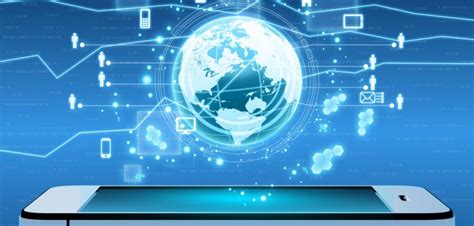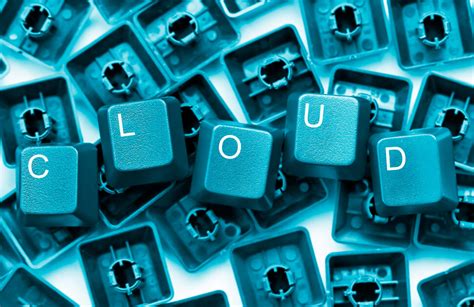INTERNET OF THINGS (IOT)
The internet of things (IoT) is a computing concept that describes the idea of everyday physical objects being connected to the internet and being able to identify themselves to other devices. The term is closely identified with RFID as the method of communication, although it also may include other sensor technologies,
The IoT is significant because an object that can represent itself digitally becomes something greater than the object by itself. No longer does the object relate just to its user, but is now connected to surrounding objects and database data. When many objects act in unison, they are known as having “ambient intelligence.”

MOBILE INTERNET
Increasingly inexpensive, capable mobile computing devices and Internet connectivity are beneficial to a wide spectrum of areas with their transformational technology. One of these is the treatment of chronic diseases through remote health monitoring. Another is mobile banking platforms that are known to have already produced radical changes in Uganda and other African countries.
Component Technologies | Key Applications |
Wireless technologies | Service delivery |
Small, low-cost computing and storage devices | Worker productivity |
Advanced display technology, natural user interfaces | Additional consumer surplus from use of mobile internet services |
Advanced, low-cost batteries |
|

CLOUD COMPUTING
Use of computer hardware and software resources delivered over a network or the Internet as a service.
Component Technologies | Key Applications |
Cloud-management Software – e.g., Virtualization, metering | Cloud-based delivery of Internet services and applications. |
Data-center hardware | Enterprise IT productivity. |
High speed networks | Data collection |
Software/Platform as a service (SaaS/PaaS) |
